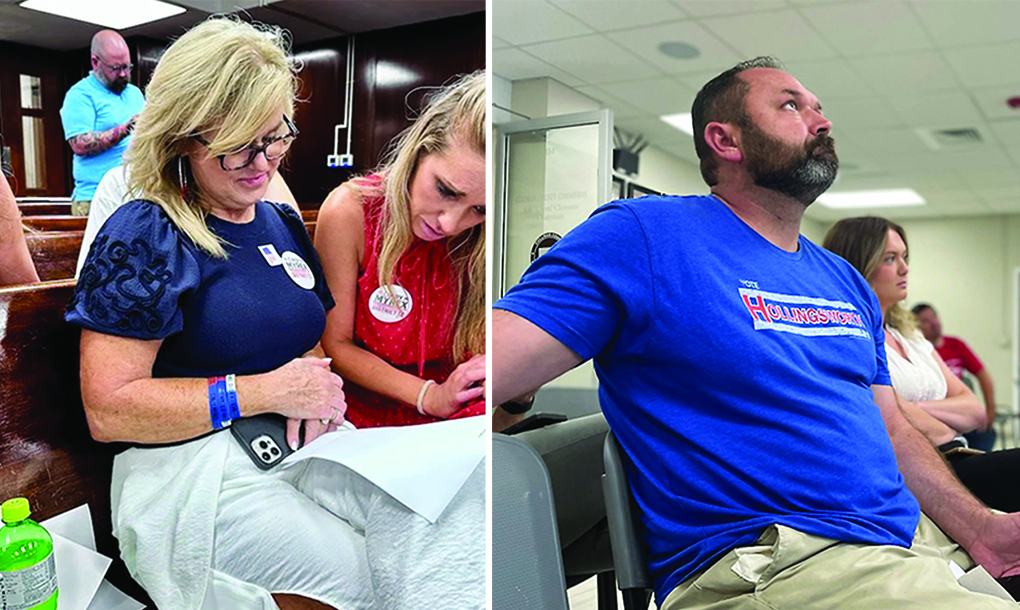Missouri state senator publicly disputes drug monitoring program on social media
Published 2:00 pm Tuesday, May 24, 2016

- (Stock photo/ MorgueFile)
CARL JUNCTION, Mo. — A heated online dispute between a state senator and a mother whose daughter suffers from an opiate addiction highlights issues connected to the opiate epidemic plaguing many families across the United States.
Stephanie Patterson said in a blog post her daughter has been suffering from opiate addiction for nine years, and accused Rob Schaaf, R-St. Joseph in a tweet, of blocking legislation that would create a prescription drug monitoring program in Missouri.
Trending
Scaaf then replied in a tweet that he offered a compromise.
Missouri is the only state in the country without such a program, which advocates say can help cut down on opiate abuse and prevent addicts from taking a doctor’s prescription for painkillers to more than one pharmacist — so-called “pharmacy hopping.”
About 75 percent of new heroin users first become hooked on prescription opiates, according to the federal Centers for Disease Control and Prevention. That’s because heroin is in the opiate family of drugs, and when a bottle of prescription painkillers cannot be obtained, heroin can be purchased at a lower cost. In the end, the user gets the same relief.
A bill introduced earlier this year in the Missouri House of Representatives by Rep. Holly Rehder, R-Sikeston, would have created such a monitoring program. Rehder testified that her daughter became addicted to opioids and later heroin after being prescribed painkillers for a workplace injury. Rehder said her daughter spent 13 years in and out of rehabilitation programs and prison.
The public debate reflects the passions on both side of the issue.
Schaaf, who also is a doctor, has called a prescription drug monitoring program a “severe intrusion” of privacy and argues that creating a database without voter approval is inappropriate.
Trending
“This is private medical information,” Schaaf said earlier this year during a legislative debate. “The people of Missouri are not going to want to have everyone with a password to this program have eyes on that.”
Earlier this month, as the legislative session neared an end, Schaaf refused to stand down when debating the prescription drug monitoring program that Rehder had proposed, and said he would filibuster the bill if the Senate didn’t add referendum language he wrote to the House bill, or if the Senate didn’t consider his alternative bill, which would have allowed the state Bureau of Narcotics and Dangerous Drugs to oversee the program and review the data, but keep doctors from having access. The House bill gave doctors the power to view the data.
Proponents of the House bill found both of Schaaf’s proposals unacceptable, saying they would take medical decisions away from doctors and claiming his referendum language was slanted in such a way that no Missourian would vote for the measure.
In the end, because of the threatened filibuster, the Senate set aside debate on the prescription drug monitoring program in order to move forward on other legislation before the mandatory session deadline, and both sides accused each other of failing to compromise.
Thomas writes for the (Missouri) Joplin Globe.





